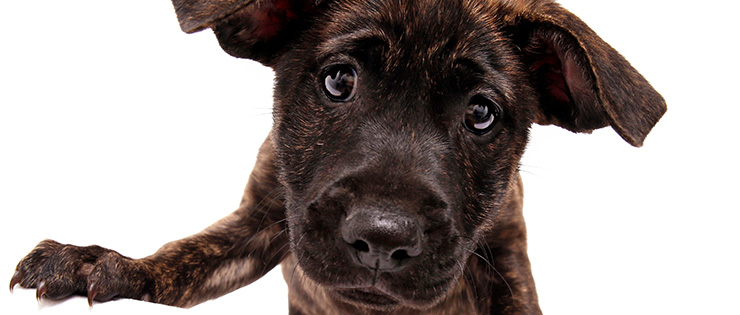
When you hear of the disease commonly called Parvo, you have an immediate sense of dread, for it's one of those diseases that we as dog owners believe to be fatal. For puppies aged between around 6 weeks to 6 months, there is an 80% chance of fatality due to this awful virus. It is highly contagious and is an incredibly resilient disease, often lasting a year or more in an infected dog’s faeces.
The C3 and C5 Vaccination include the virus, which is the most effective method for preventing your loved doggo from falling victim. Having said that, the vaccination is not 100% foolproof and so it is important that you are mindful of where you walk your dog, knowing that beaches, some kennels and dog parks are the most notorious for storing parvo.
So, here are the most common questions answered, in the hope that you can ensure your dog is kept safe and that every preventative measure has been exhausted.
How do I prevent my dog from getting parvo?
Your puppy will need to be vaccinated at 6 - 8 weeks, 10-12 weeks and then 14-16 weeks of age. It is worth noting that they are not considered to be fully vaccinated until 2 weeks after their last shot. The last shot is critical for the best protection.
For adult dogs, the vaccination is now recommended by the Australian Veterinary Association to be given triennially (every three years) instead of annually. This is however up to your trusted vet and dependent on the lifestyle of your dog.
Also, avoid areas where your dog might be exposed to pathogens. Off lead dog parks and unhygienic areas where there are large populations of dogs is important.
Note: The Kennel Cough vaccination is recommended to be given annually, for dogs who visit kennel or dog daycare environment regularly.
What are the signs?
Fatigue and disinterest in life can be a sign of having parvo. Other more overt signs include vomiting, diarrhoea and particularly bad-smelling runny faeces. Your dog’s body temperature may drop and if left without treatment, your dog may become dehydrated and potentially go in to septic shock. It is critical that you seek veterinary advice at the first sign of infection.
How is Parvo Treated?
There is no antiviral treatment for parvo. Your veterinarian will support your dog’s somatic system with fluids so that they can build their immunity to fight the virus.
If my dog has been vaccinated, can they still get parvo?
Although unlikely, it is possible that your dog can contract the virus, despite having had the vaccinations. On rare occasions, dogs do not develop immunity from a vaccine. Therefore, it is important that your dog only socialises with dogs who are also vaccinated, and is cared for in hygienic conditions when interacting with other dogs.
Now that my puppy is all grown up, do I still need to vaccinate them?
Yes, the booster vaccine must be given triennially. This core vaccine also allows your dog to build immunity against distemper and hepatitis (C3). The C5 vaccine includes the kennel cough vaccines)
How do I know of there is parvo around where I walk my dog?
You can never be sure where Parvo is, however the AVA release media statements where an outbreak has been identified. Check the website regularly to keep up to date with locations to avoid.
Being a responsible dog owner includes ensuring your dog has all their vaccinations up-to-date. It also means that you are aware of areas that are potentially threatening to your dog. We love our dogs so much and taking a risk, by not vaccinating your dog can literally mean the difference between life and death. Please talk to your vet if you have further questions.